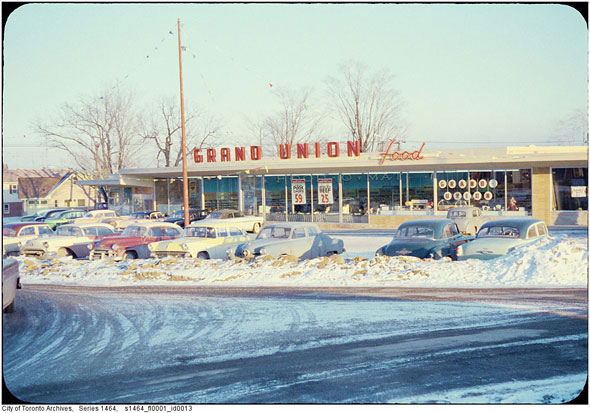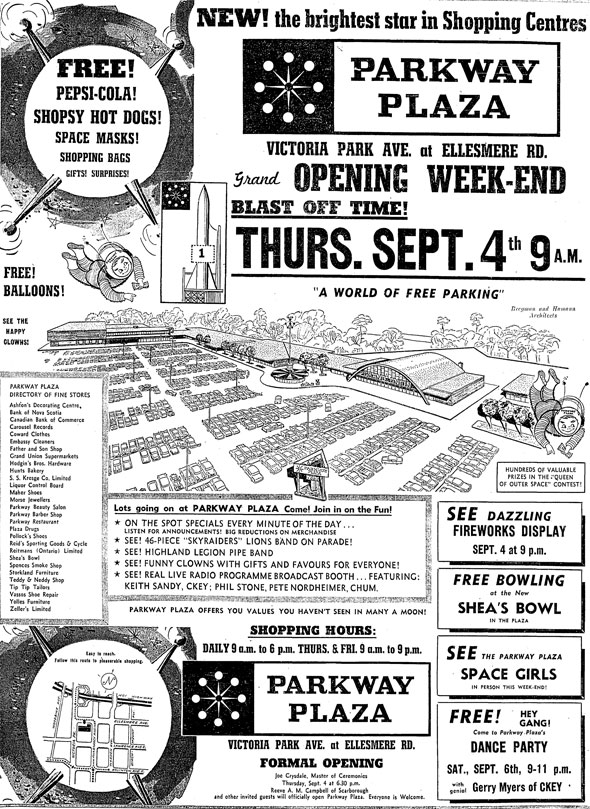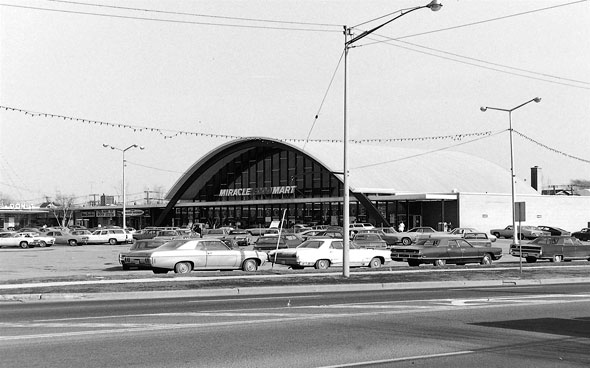I missed when Colby Cosh started writing for the National Post a while back, and only just remembered to pick up the RSS feed for his column, so this one is nearly a month old (I’m hoping that the Post has given up on their goofy licensing idea for bloggers, which was why I stopped reading or linking to the paper when they introduced it):
Ever since May, when Alberta raised the orange flag of rebellion and keelhauled its Progressive Conservatives, we have heard much about the danger that Rachel Notley will turn out to be another Bob Rae. Every time I have heard this, I have asked myself a question: which Bob Rae?
I know they mean the callow young Rae who, as premier of Ontario, blew up the welfare rolls, fiddled with rent control and pay equity while the treasury hemorrhaged and struggled tumultuously against NAFTA. But what, I wondered, if Notley turned out to be more like Liberal-elder-statesman Bob Rae, who is often a more eloquent defender of markets than just about any Conservative politician one can name? (Fine: I’ll spot you Maxime Bernier.) The older he gets, the more explicit Rae becomes about his Damascene conversion to the primacy of economic competitiveness.
In May, Rae wrote a little-noticed article about Notley that was essentially a warning: don’t be me.
“Keeping spending on operations (health care and education in particular) in check has been the greatest challenge for social democratic governments around the world,” Rae wrote. “From the Labour government in the U.K. in the seventies, to the travails of François Hollande in France, the examples are legion. It ain’t easy.” The heavy sigh is almost audible.
“Government can’t defy gravity,” Rae added, taking what unreconstructed socialists would now call a “pro-austerity” position. “There’s a limit to what any government, of any stripe, can borrow, tax and spend.… The laws of economics are not exactly like the laws of physics, but reality has a way of rushing in.”
When it comes to Rachel Notley and the New Democratic Party, the truth is that Alberta, nauseated by the banana-republican habits of its PC caste, took a conscious gamble. Notley put forward an economic platform with a minimum of utopianism, and upheld the icons of relatively successful, fiscally austere prairie New Democrats: Roy Romanow, Gary Doer.






